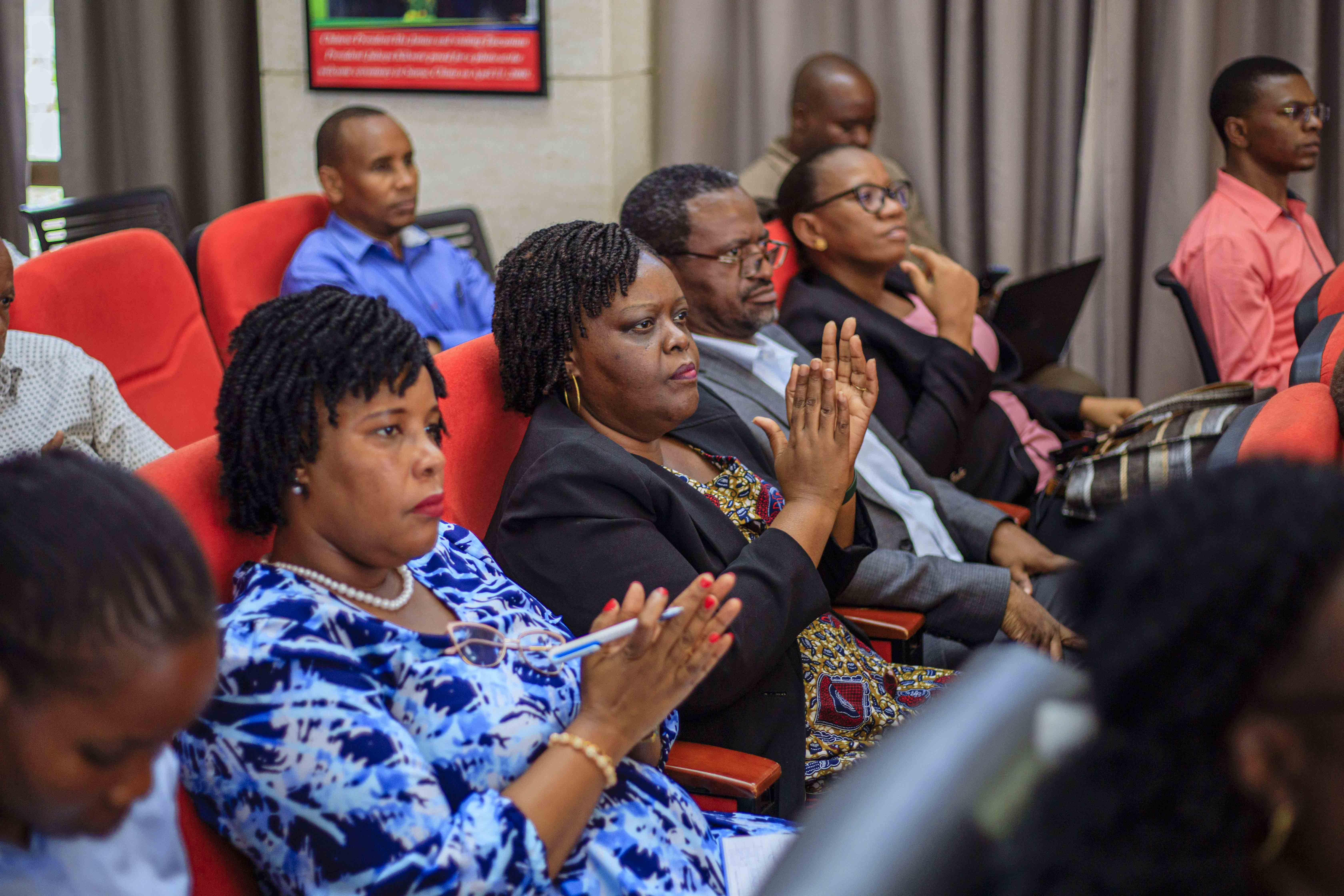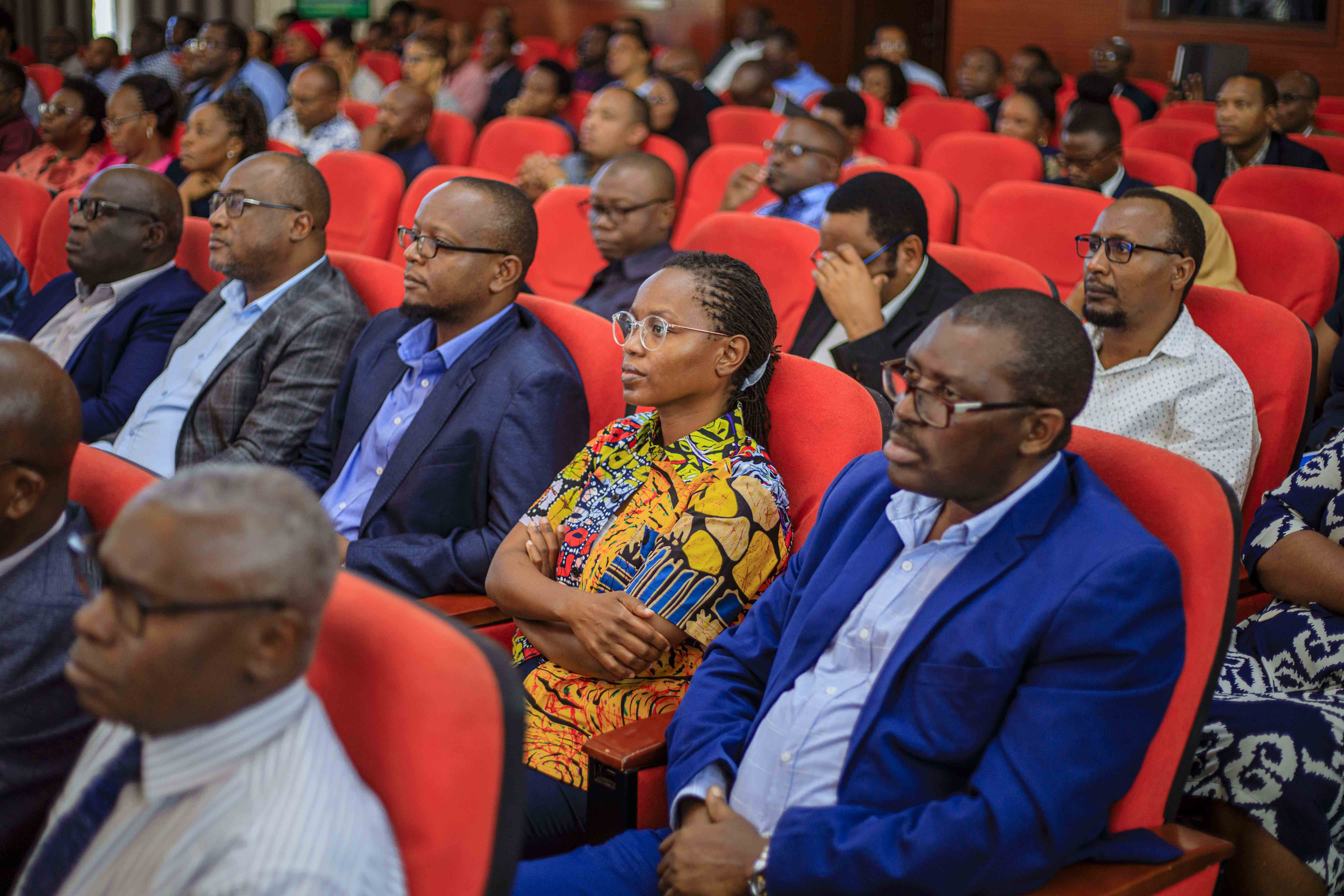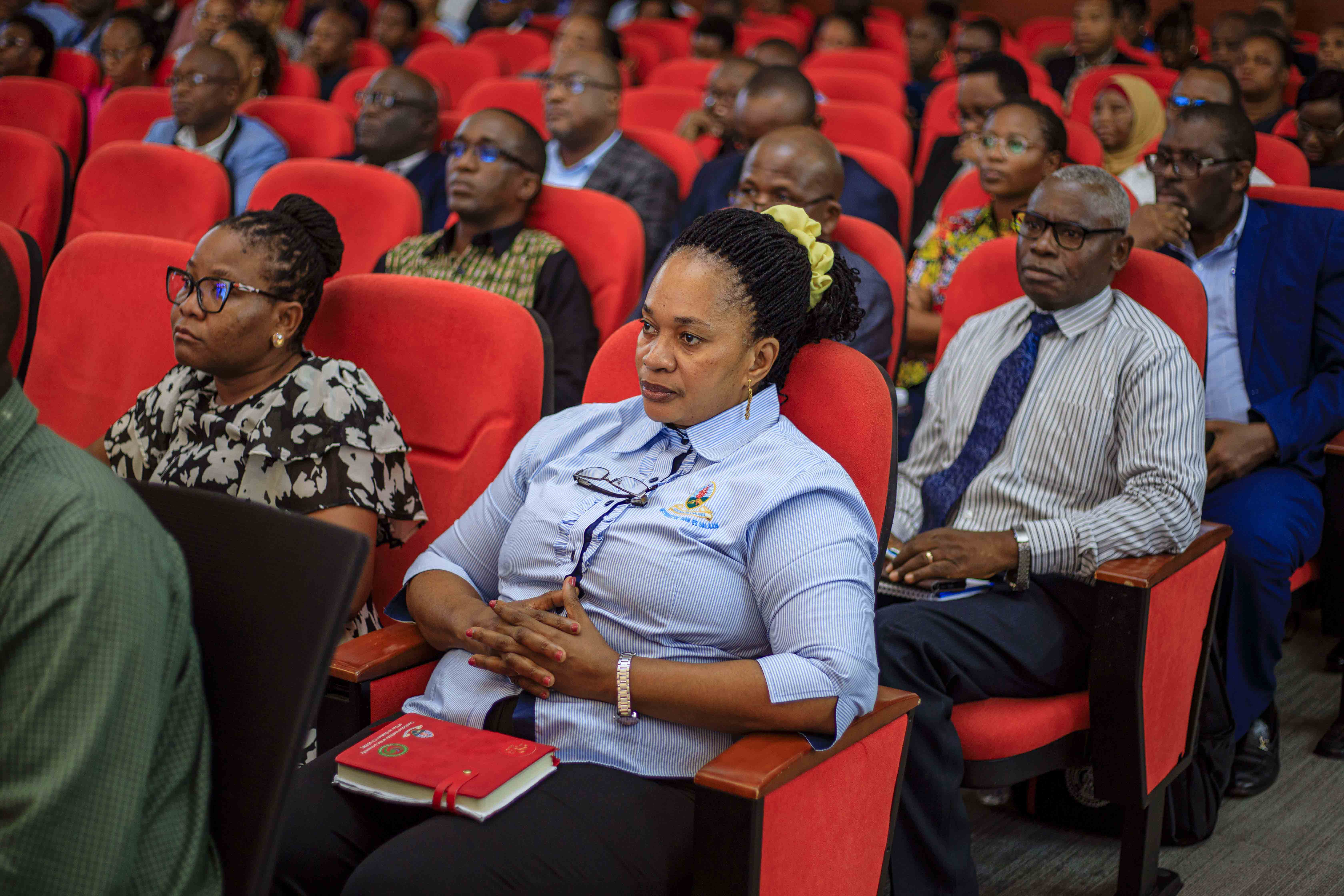Induction Workshop Stresses Leadership as Catalyst for World-Class Research and Innovation
By Special Correspondent, CMU
The University of Dar es Salaam (UDSM) has concluded a high-level Leadership Induction and Reflection Workshop with a strong message from the Government that university leaders must be drivers of research, innovation, and academic excellence.
The message was delivered by the Guest of Honour, Prof. Carolyne Nombo, Permanent Secretary, Ministry of Education, Science and Technology (MoEST), during the official closing of the three-day event.
Held from June 2 to 4, 2025 at the Mwalimu Julius Nyerere Leadership School in Kibaha, the workshop brought together senior leaders from UDSM and its constituent colleges—DUCE and MUCE—under the theme: “Driving UDSM Excellence through Strategic and Innovative Leadership”.
Prof. Nombo emphasized that university leadership must go beyond administrative duties and become catalysts for meaningful transformation through productive research, impactful innovation, and ethical academic practice.
“University leadership must be the engine that drives quality research and scholarly output that contributes to national development,” she said.
She praised UDSM’s commitment to cultivating visionary leadership and encouraged leaders to take full advantage of national reforms and investment in higher education.
Such reforms and investment include enhanced funding through the Tanzania National Research and Innovation Fund (TTIF) and the implementation of the Higher Education for Economic Transformation (HEET) project, through which UDSM and its affiliate colleges are receiving substantial support exceeding USD 66 million.
Leadership as a privilege and a profound responsibility
Speaking during the same closing ceremony, Prof. William A. L. Anangisye, Vice Chancellor of UDSM, thanked participants and expressed satisfaction with the level of engagement and reflection during the workshop. He noted that the workshop had created space for leaders to align their responsibilities with the University’s long-term vision.
“Leadership at UDSM is both a privilege and a profound responsibility. We are called to lead with integrity, accountability, and a commitment to excellence in teaching, research, and service,” said Prof. Anangisye.
He called on the newly appointed and continuing leaders to apply the insights gained from the workshop to foster teamwork, academic quality, and institutional resilience.
As the host of the workshop, Prof. Bernadeta Killian, Deputy Vice Chancellor – Planning, Finance and Administration, offered a detailed overview of the sessions, explaining that the workshop was designed to meet the dynamic and diverse leadership needs of a complex university environment.
“We covered strategic areas including academic leadership, financial planning, human resource and institutional management, digital governance, research development, and implementation of major national projects like HEET,” she said.
Prof. Killian added that the workshop was “highly participatory, featuring expert-led sessions, panel discussions, and peer-sharing, enabling leaders to reflect deeply on their roles and collaborate on strategic priorities”.
She added: “This was more than training—it was a platform to reaffirm our collective vision and strengthen leadership cohesion at all levels”.
The workshop gathered over 200 senior leaders, including Deputy Vice Chancellors, Principla DUCE, Principal MUCE, Principals, Deans, Directors, Heads of Major Units, Managers, Coordinators, Heads of Departments and Heads of Sections from UDSM’s main campus and its constituent colleges. Many described the workshop as transformative and timely in an era of increasing demand for strategic academic leadership.
In her closing remarks, Prof. Nombo urged the leaders to take what they learned and transform it into action. “Let your leadership be the foundation upon which innovation, ethical research, and academic excellence flourish. You have the mandate—and now, even more tools—to lead boldly”.





